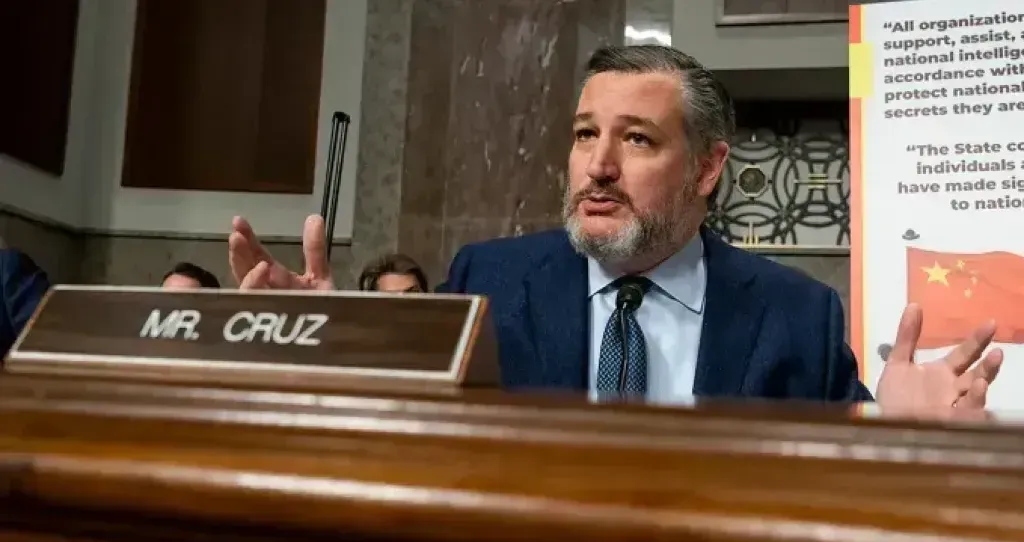Senators Push Bill to Restrict Minors' Social Media Use
Public interest group warned the bill violates First Amendment rights.
Jericho Casper

WASHINGTON, Jan. 29, 2025 – A bill reintroduced Wednesday in the U.S. Senate would bar children under the age of 13 from creating social media accounts.
The Kids Off Social Media Act was introduced by Sen. Ted Cruz, R-Texas, Sen. Brian Schatz, D-Hawaii, plus four other Democrats, three other Republicans and Sen. Angus King, Independent of Maine. Further, the bill would prohibit social media companies from using recommendation algorithms to target users under 17 and require schools to restrict social media access on federally funded networks.
“Every parent I know is concerned about the online threats to kids — from predators to videos promoting self-harm, risky behavior, or low self-esteem,” said Senate Commerce Committee Chairman Cruz in a statement. “Many families have suffered due to Big Tech’s failure to take responsibility for its products.”
One of the Congress’ earliest stabs against Big Tech this year, this bill could herald the beginning of a broader crackdown on social media companies.
Cruz’s prior TAKE IT DOWN Act, co-sponsored with Sen. Amy Klobuchar, D-Minn., passed the Senate in 2024 and had originally been included in the first omnibus spending bill that tanked after criticism by SpaceX CEO Elon Musk and others.
Just two days before co-sponsoring the Kids Off Social Media Act, Cruz and 12 other Senate Republicans moved to overturn the FCC’s Wi-Fi Hotspot Order using the Congressional Review Act. Cruz and his colleagues argued that the FCC rule, which expanded the E-Rate program to subsidize off-campus hotspot use for students, gave children unsupervised access to the internet and undermined parental control over their kids’ digital experiences.
“There is no good reason for a nine-year-old to be on Instagram or Snapchat. The growing evidence is clear: social media is making kids more depressed, more anxious, and more suicidal. Yet tech companies refuse to do anything about it because it would hurt their bottom line,” said Schatz.
While supporters of the bill frame it as a necessary safeguard for children’s mental health, critics argue that it goes too far.
Public Knowledge, a digital rights advocacy group, issued a statement strongly opposing the measure, saying: “While this bill purports to protect minors, it primarily risks the privacy, safety, and First Amendment rights of children, including marginalized students who rely on school-provided internet access and devices to connect and communicate.”
The push to restrict minors' access to online spaces stands in contrast to the broader Republican messaging on free speech and censorship. President Donald Trump has repeatedly framed himself as a champion of free expression, vowing in his inauguration speech to "stop all government censorship” and "bring back free speech to America.”
Yet Cruz and both Republicans and Democrats advocate for government-imposed limits on speech and digital access in the Kids Off Social Media Act.
“Banning children from social media platforms is completely antithetical to free expression and open access to information,” said L’Allegro Smith, government affairs policy advocate at Public Knowledge. “This bill poses a lackadaisical, short-term approach to problems that would be better addressed through effective platform content moderation and comprehensive privacy protections.”
“It’s true that we need to do more to support the mental health of our children, but that can be achieved by creating safer social media channels for minors through better product design, and by enabling parents to limit kids’ screen time to curb any excessive social media use,” she said.











Member discussion